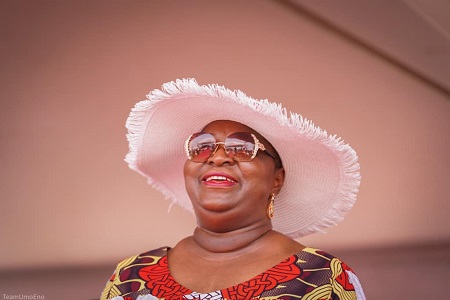By Akeem Aliu

With just two months before the December 31, 2024, deadline, the Nigerian House Of Representatives is pressing the Central Bank of Nigeria (CBN) to take immediate steps to withdraw old naira notes from circulation.
The lawmakers are particularly focused on the N200, N500, and N1,000 denominations, urging the CBN to ensure their structured withdrawal and the availability of newly printed notes. This move is expected to mitigate any potential disruption as the old notes cease to be legal tender in line with the Supreme Court’s ruling.
Phased Withdrawal of Old Naira Notes
During a recent House session, Adam Victor Ogene (LP, Anambra) raised a motion that has amplified the urgency of the situation. He emphasized the importance of ensuring that the Nigerian banking system is prepared to handle the transition from old naira notes to new notes without causing economic difficulties.
“Going by the Supreme Court’s subsequent ruling and order, the N200, N500, and N1,000 notes shall cease to be legal tender, medium of exchange for goods and services in Nigeria, and shall also cease to be in circulation as from January 1, 2025,” Ogene reminded lawmakers.
In his motion, Ogene stressed that the CBN needs to act swiftly to prevent possible disruptions to financial transactions and daily life across the country. He underscored that commercial banks should be adequately supplied with the new currency to meet public demand while ensuring the gradual withdrawal of the old notes. If this does not happen, the country could face significant economic challenges as the deadline approaches.
Public Awareness Campaign: A Critical Missing Step
One of the key concerns raised by Ogene and his colleagues was the lack of an extensive public awareness campaign. The lawmakers expressed disappointment over the CBN’s failure to sensitize the public months before the deadline. According to the House, this awareness campaign should have been launched through various mass media platforms, such as radio, television, social media, newspapers, and other channels.
Ogene remarked that a public education initiative would have gone a long way in informing Nigerians about the impending currency changes. He highlighted that rural in particular, need targeted campaigns to ensure that they are not left behind in this transition.
“The CBN should have initiated public awareness campaigns including jingles, television and radio announcements, social media posts, flyers, daily newspaper ads, and periodic magazine publications—three months prior to the deadline,” Ogene stated. However, as lawmakers noted, there is no visible evidence that such measures are in place, creating uncertainty for both urban and rural populations.
According to the lawmakers, the CBN’s efforts need to focus not only on large commercial banks but also on ensuring that smaller, rural banks are well-equipped to handle the new notes. This includes educating Nigerians who may not have immediate access to traditional banking services or digital transactions, especially those living in remote or underserved areas.













